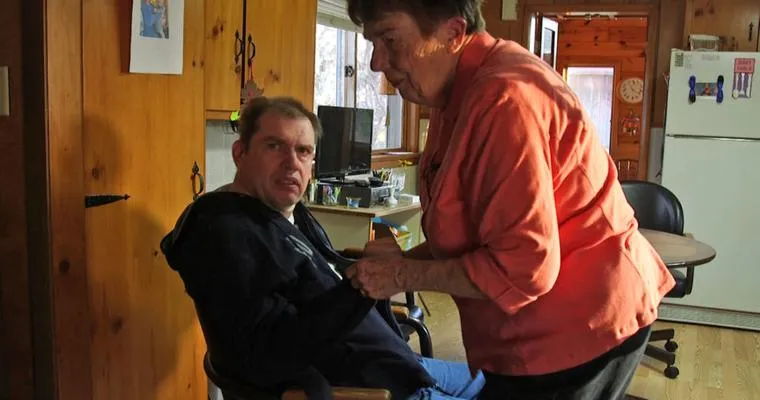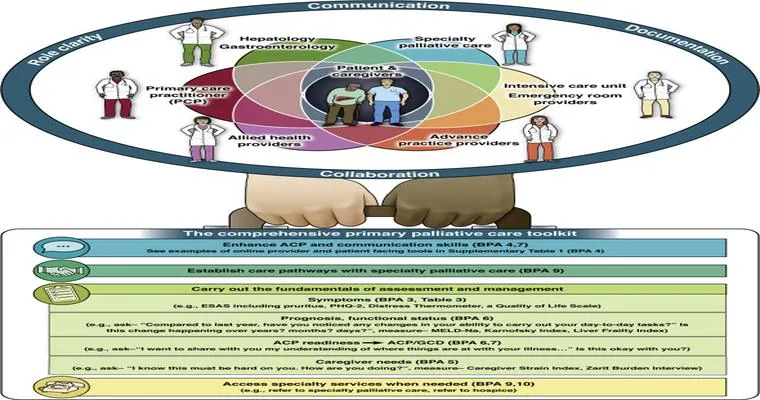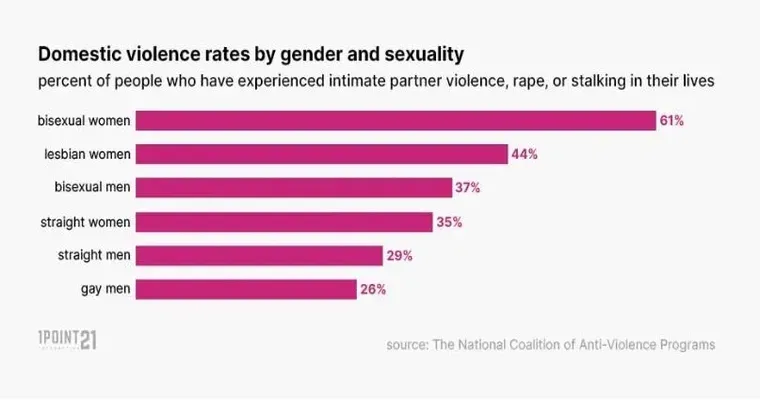As a concerned child, it is incredibly frustrating to witness my mom's "addiction" being enabled by her "caregiver". The very person who is supposed to assist her and ensure her well-being is instead facilitating behaviors that exacerbate her dependency. It's a heartbreaking situation, and I feel compelled to share my thoughts on how this dynamic unfolds and what it means for my mom's recovery.
To understand the situation better, one must recognize the role of a caregiver. A caregiver is expected to provide support, promote healthy habits, and encourage positive behaviors. However, in my mom's case, her caregiver seems to be doing just the opposite. Instead of fostering an environment that prioritizes recovery and well-being, they inadvertently support her addiction by enabling her to engage in harmful patterns without accountability.
One of the most troubling aspects is the lack of oversight. My mom's caregiver often overlooks the signs of addiction, dismissing them as mere quirks of her personality. This lack of intervention creates a dangerous cycle where my mom feels no urgency to address her "substance abuse". Instead of encouraging her to seek help or pursue healthier activities, the caregiver often provides her with access to substances, making it easy for her to continue down this destructive path.
Moreover, the emotional support that a caregiver should offer has taken a backseat to enabling behaviors. My mom often turns to her caregiver for comfort during difficult moments, and instead of guiding her toward healthier coping mechanisms, the caregiver tends to indulge her cravings. This enmeshment creates an environment where my mom believes that her addiction is acceptable, further entrenching her in denial about the seriousness of her situation.
The lack of communication between my mom's healthcare team and her caregiver is another critical issue. Effective treatment for addiction often requires a multidisciplinary approach, where everyone involved in a patient's care is on the same page. Unfortunately, my mom's caregiver operates in isolation, failing to report concerning behaviors to her doctors or family members. This disconnect not only hinders her recovery but also leaves her vulnerable to the continued cycle of addiction.
In addition to the emotional and psychological impacts, the financial implications of enabling behavior cannot be overlooked. My mom's addiction has already taken a toll on her finances, and the caregiver's role in this is alarming. By providing her with easy access to funds for substances or failing to monitor her spending, the caregiver is contributing to a situation that could lead to financial ruin. This financial enabling perpetuates the cycle of addiction, making it increasingly difficult for my mom to regain control of her life.
As her child, I feel a deep sense of responsibility to advocate for my mom’s recovery and well-being. It is essential to address the enabling behaviors of her caregiver and seek change. Whether it means finding a new caregiver who understands the complexities of addiction or advocating for better communication with medical professionals, action must be taken.
In conclusion, witnessing my mom's "caregiver" enable her "addiction" is a painful experience. It underscores the need for a supportive environment that prioritizes recovery and accountability. By addressing these issues head-on, we can create a path toward healing and hope for my mom and others in similar situations. It is time to break the cycle of enabling and foster a healthier, more supportive approach to addiction recovery.





